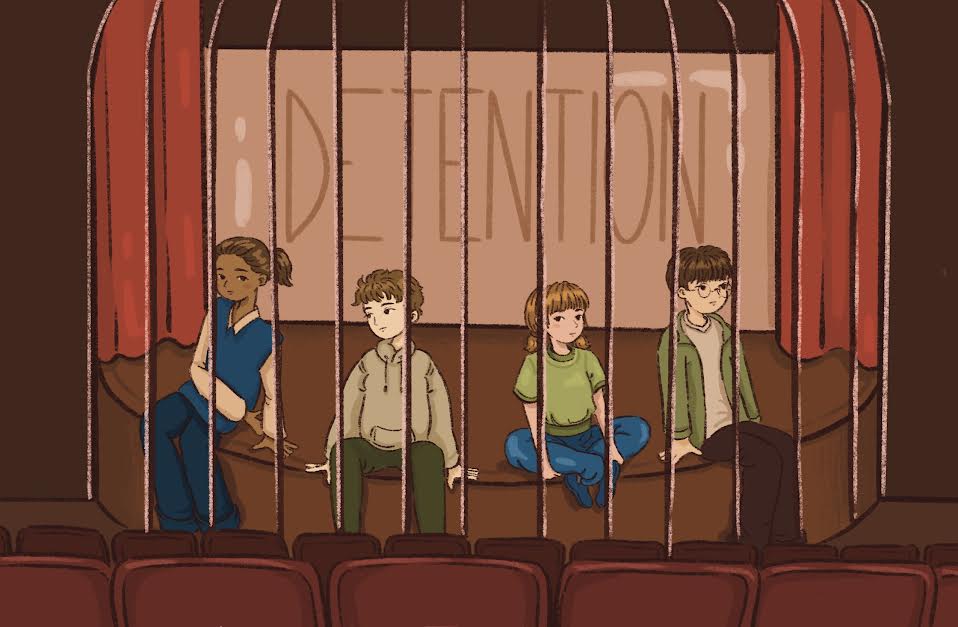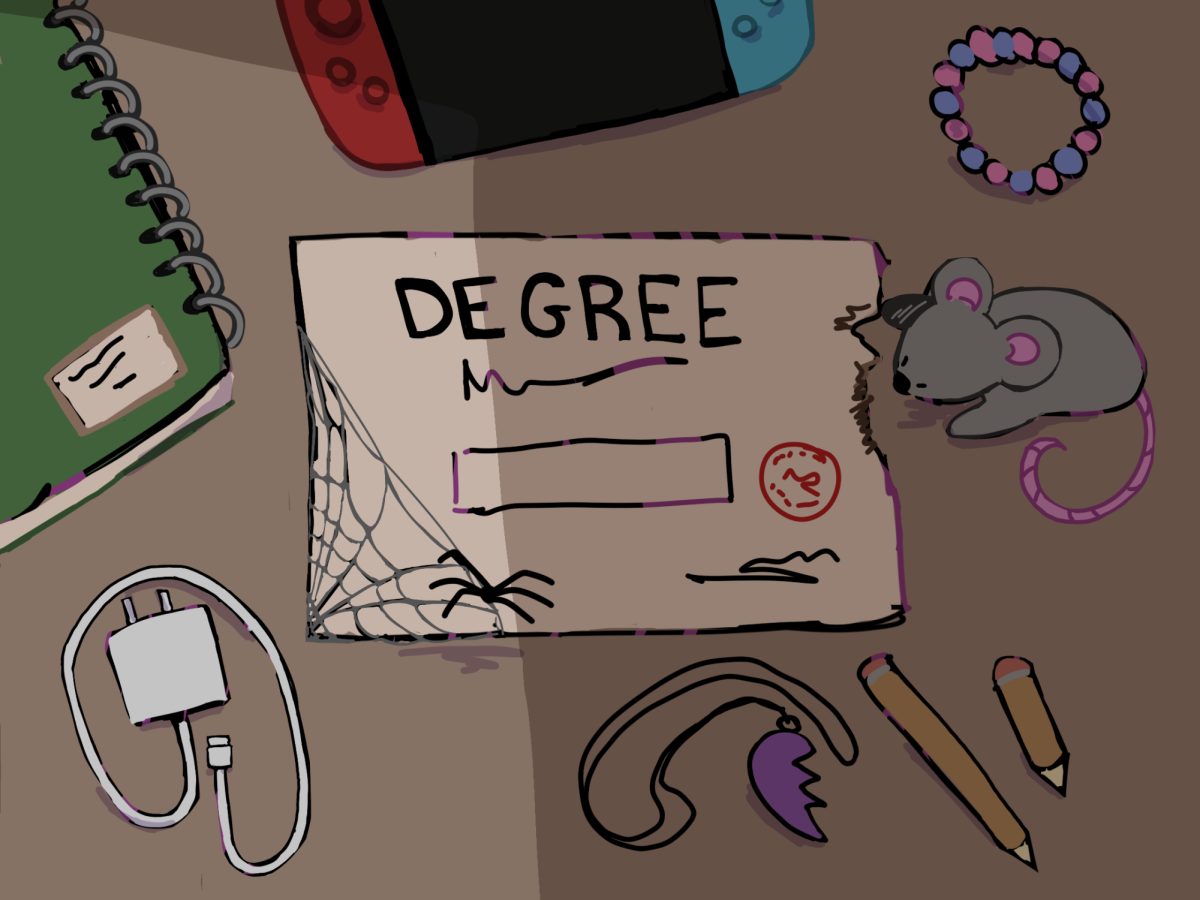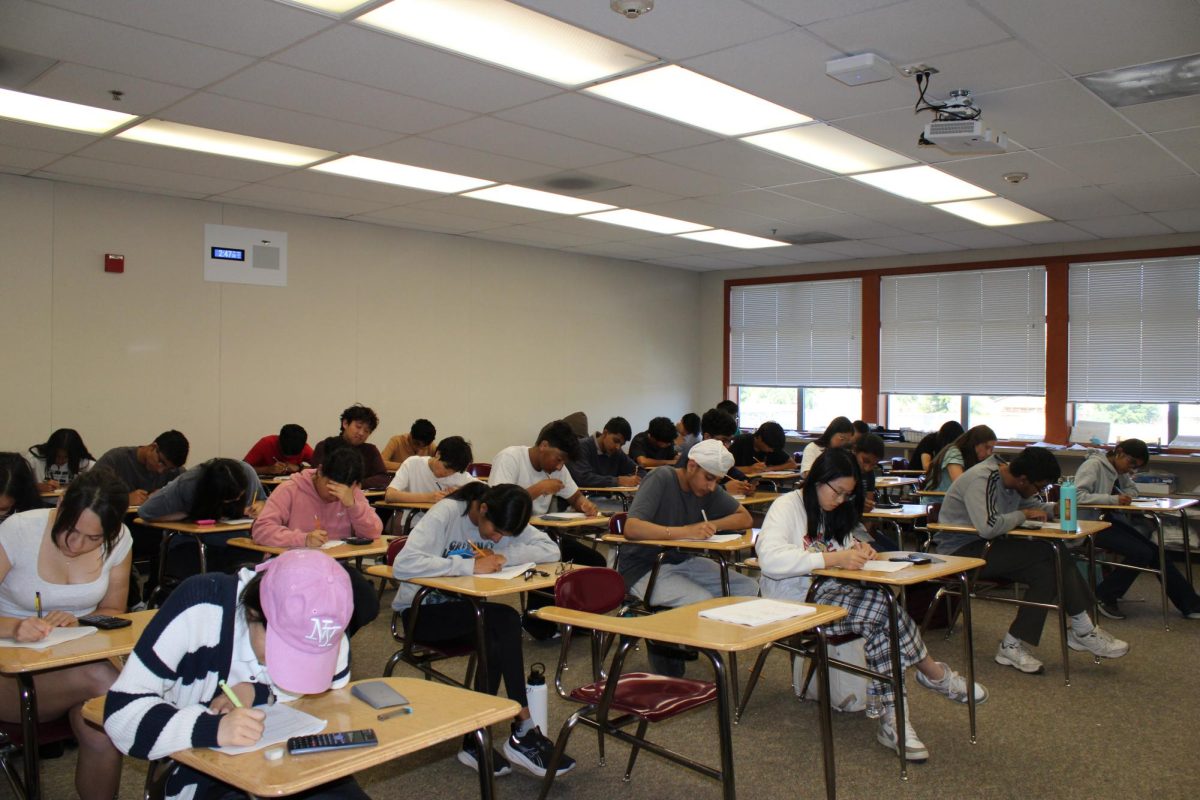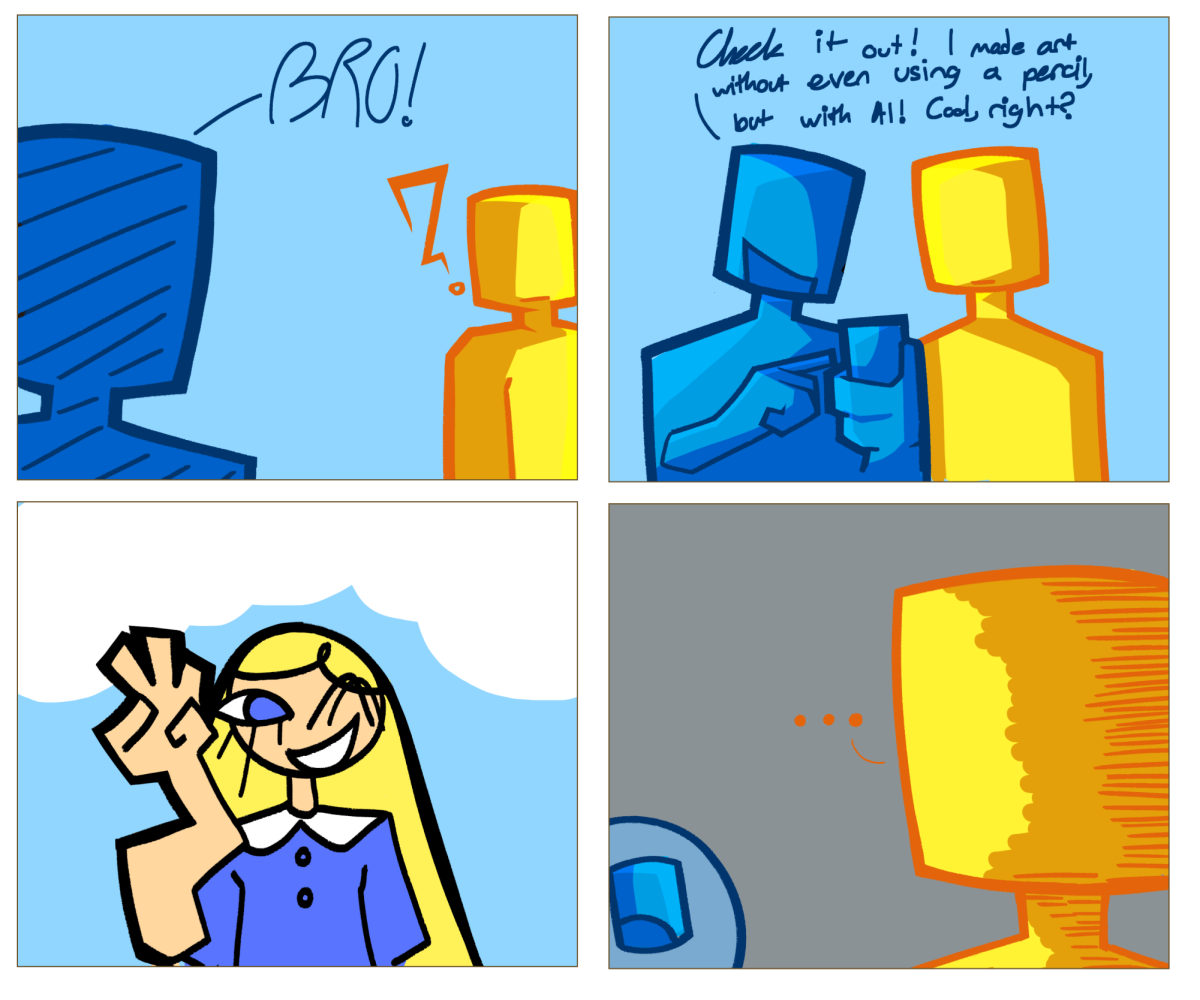During this time when students begin to select their courses for next year, counselors often advise students to refrain from taking too many AP and honors classes, or courses off-campus, in an effort to prioritize their mental health.
But to compete with college applicants nationwide, some students ravenously stuff their schedule with advanced classes, only to find themselves overwhelmed later on.
There needs to be more overlap between what counselors recommend and what students believe will strengthen their college application.
To find a middle ground, both students and counselors must communicate on a one-on-one basis.
Students should frequently meet with their counselors to create a schedule appropriate for them in terms of difficulty and interests. Counselors then will be familiar with students’ aspirations, capabilities and hopefully personalities, allowing them to offer specific recommendations about what community college courses or extracurricular opportunities may be a good fit.
In addition, counselors can guide students toward taking suitable advanced courses by staying informed about general course difficulties and prerequisites.
For example, the school’s counseling website recommends completing AP US History with at least a B- or both US History and Algebra 2 with at least an A- before taking AP Microeconomics and Macroeconomics.
But neither prerequisite directly ties into the economics course material, so a counselor might alert students to expect a slew of new concepts.
This also connects to the idea of considering course schedules holistically. For example, it’s not uncommon for a student heading into a STEM major to plan to take two science or math courses in one year.
Counselors typically discourage this. But if a review of the course material and past performance in rigorous classes indicates that students may succeed, they should be allowed to make such a decision.
When planning for their high school years, students should seek to find balance. They should be aware of their goals as well as their limits as students. But counselors also should be able to help them choose courses that set them up for college.
Proactive communication on both sides is the key to finding the best resources and information that maximize the potential of each student.
Counselors, students must communicate about course load rigor
February 14, 2024
More to Discover
About the Contributor

Susanne Soroushian, Artist
Senior Susanne Soroushian is an artist for The Californian. She was a freelance artist in her junior year and now she’s joined the newspaper full-time. Other than being an illustration enthusiast, she enjoys geeking out about any animated film ever made, drawing random people in her sketchbook, shooting arrows in the archery range and playing Animal Crossing for an unhealthy amount of time.



